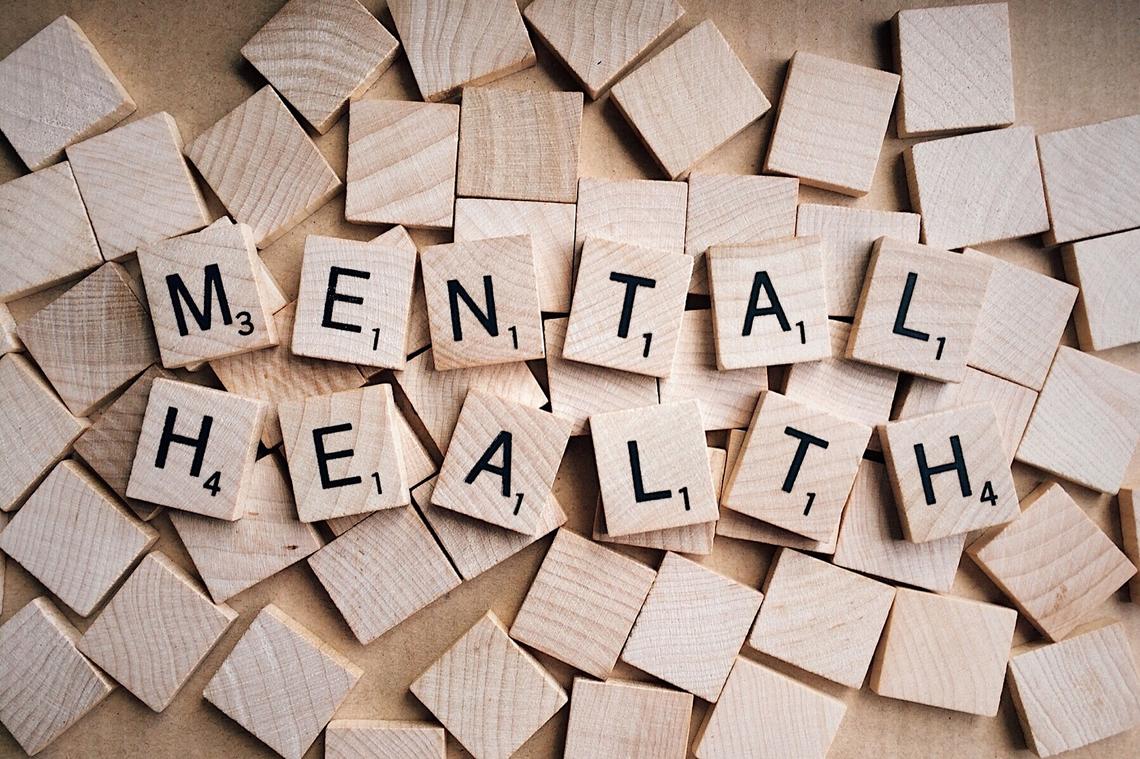
Diversity Days workshop tackles media misrepresentation of mental health on Feb. 1.
Pixabay photo by Wokandapix, licensed under Creative Commons
Jan. 31, 2018
A man with schizophrenia goes on a shooting spree in Times Square and later stabs a pregnant woman in the stomach. These were opening scenes from medical drama Wonderland in 2000. Although it may seem harmless to indulge in the fictions of the silver screen, popular media plays a significant role in creating and spreading harmful stereotypes regarding mental illness.
Facilitated by Kome Odoko and Ahmed Ali, student support advisers in the SU Wellness Centre, Media and Mental Health takes a critical approach to identify and address damaging misconceptions about mental health depicted by media.
“Media giants play a large role in how people perceive mental health experiences. In my work with students, media can be a benchmark for how they respond to someone disclosing their experience with mental illness,” Ali explains. “We live in an age where stereotypes and misrepresentation are spread by media in its various forms, which makes it more difficult to address. This workshop will play a small part to dispel the myths and misinformation within media while developing a way to have safe, respectful conversations when it comes to mental health.”

Diversity Days workshop tackles media misrepresentation of mental health on Feb. 1.
Pixabay photo by Wokandapix, licensed under Creative Commons
Open to the entire UCalgary community, Media and Mental Health is an informative workshop that shares activities, resources and educational opportunities to help participants address personal well-being and develop awareness around the continuum of mental health. Through interactive elements, participants are encouraged to improve skills and become comfortable initiating positive conversations about mental health with peers.
Following Bell Let’s Talk Day, which works to break the silence around mental illness, Media and Mental Health aligns with the Campus Mental Health Strategy by providing an opportunity to continue the conversation.
“Bell Let’s Talk can be a starting point to have safe and healthy conversations around the impact of mental health. It’s important to validate the experiences of those who struggle with their mental health and also provide a safe space for those who support them,” Ali says.
Odoko and Ali point to the Canadian Mental Health Association estimate that one in five Canadians experience mental illness annually, a strong indicator of the need for further discussions regarding mental health, especially in university settings.
“Mental health already has so much stigma attached to it, it’s important to have diverse avenues to engage with the topic,” Odoko says. “If you’re not directly impacted by mental health then there is likely someone near you who is experiencing a mental illness. Having conversations about our mental health normalizes our experiences and provides a way to help each other when needed.”
Media and Mental Health is a Diversity Days event and takes place on Feb. 1, from 2 to 3 p.m. in the MacEwan Student Centre, Escalus room. View event details here.
Diversity Days are an initiative to celebrate diversity and inclusion on University of Calgary campuses through a variety of events, open to all community members. The University of Calgary recognizes the importance of creating and maintaining a welcoming and inclusive environment for all members of the community. Diversity Days are a collaboration between multiple groups at the University of Calgary to highlight our shared commitment to inclusion and to spark conversations about diversity, equity and inclusion for the next 150 years.
The University of Calgary’s Campus Mental Health Strategy is a bold commitment to the importance of mental health and well-being of our university family. Our vision is to be a community where we care for each other, learn and talk about mental health and well-being, receive support as needed, and individually and collectively realize our full potential. If you think you need help, please visit resources here. If you think someone you know needs help, find more information here.